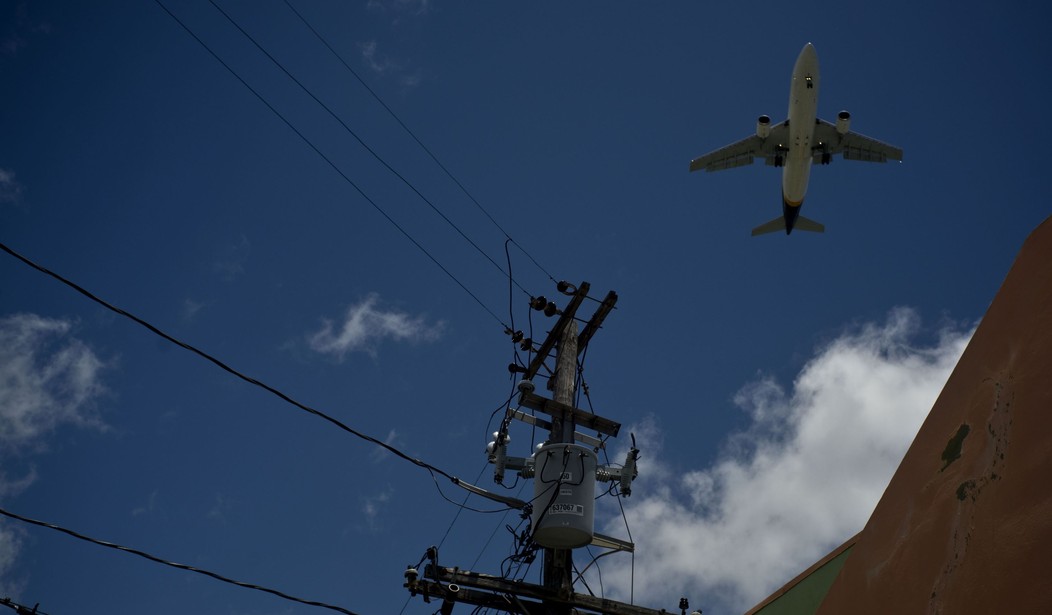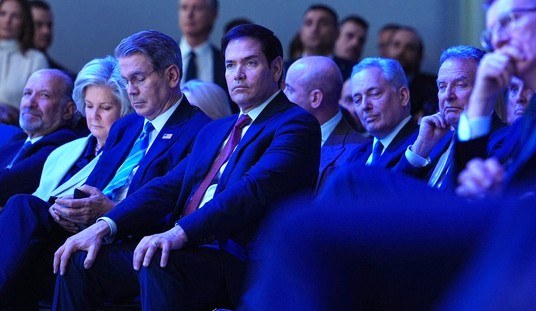A nonperformance lawsuit to recover a portion of the public subsidies given to OneJet airlines to fly into and out of Pittsburgh International Airport (PIT) raises the larger question of what is the proper role of airport authorities, says the president of the Allegheny Institute for Public Policy.
“(W)hat we have here is another useful object lesson – a lesson that seems never to be learned,” says Jake Haulk, a Ph.D. economist (in Policy Brief Vol. 18, No. 32). “Subsidy of airlines beyond providing a place to land and take off (and) the parking for passengers and other infrastructure is a gamble at best and poor economics at worst.”
As the case of OneJet illustrates.
OneJet began serious operations in Indianapolis in 2015 with great fanfare, touting service to the Midwest and Pittsburgh. Enticed with $3 million in public subsidies, including a $1 million loan from the Allegheny County Airport Authority, it moved its “focus” of operations to PIT in 2016.
OneJet promised flights to 10 destination cities. But it currently operates only two. On Aug. 10, the authority sued in Allegheny County Common Pleas Court to recover $763,000 of the loan. Additionally, the lawsuit says OneJet had not paid a $54,000 security deposit, fees and lease payments.
Did no one at the Airport Authority perform adequate due diligence? That would have uncovered grandiose plans in Milwaukee that fell flat. Did the authority not consider the plethora of negative customer reviews that excoriated OneJet for delays and cancellations?
And clouding the propriety of such subsidies is the fact that the vice-chairman of the Airport Authority also is a non-voting member of the OneJet board – a perceived if not real conflict of interest -- and the hardly objective assessment from an aviation consultant who rationalized that gambling with public money for such things is an acceptable risk.
Recommended
Which takes us back to the main issue: Are airports primarily economic generators or infrastructure that accommodates and helps facilitate economic activity and growth?
If airports are hubs, they are clearly job producers and economic generators. Without a hub, which PIT no longer is, the airport is primarily a facilitator of economic activity that involves air travel.
Obviously, being able to accommodate demand for travel that is naturally produced by the local economy and population needs is important. And it is why local governments and/or authorities underwrite, in part or in full, the construction costs of airports and related structures.
But, “Subsidizing airlines so they can lower the fare price to fill a plane to desired levels or so they can make a flight profitable with lower than desired loads cannot be justified,” Haulk stresses. “It could well be taking business from existing carriers who could get the passengers to their destination with one stop.”
And that represents an indirect transfer of tax dollars to the passengers using the subsidized flight.
“Why should local or state taxpayers underwrite flights of people so they can avoid using existing options?” Haulk asks. “Or in the case of overseas travel, why should taxpayers subsidize people who are traveling to other countries and spending lots of money overseas?”
Money spent on ill-advised airline subsidies is money that either could have been better used for bona fide public purposes or left in taxpayer pockets.
“Unfortunately, as has happened at PIT, subsidies beget subsides,” Haulk recounts, citing a long and growing list of airlines receiving public dollars to service Pittsburgh. “Give it to one carrier and others are bound to show up with their hands out.”
The bottom line is clear: “Airport officials should not be in the business of making unnecessary gambles with taxpayer money,” Haulk says. “And at the very least, they need to show real and permanent positive outcomes resulting from the subsidies if and when some happen.”
But considering the enormous amount of taxpayer money poured into PIT over the years, “further use of tax dollars to subsidize carriers and passengers is outrageous.”
Colin McNickle is a senior fellow and media specialist at the Allegheny Institute for Public Policy (cmcnickle@alleghenyinstitute.org).

























Join the conversation as a VIP Member